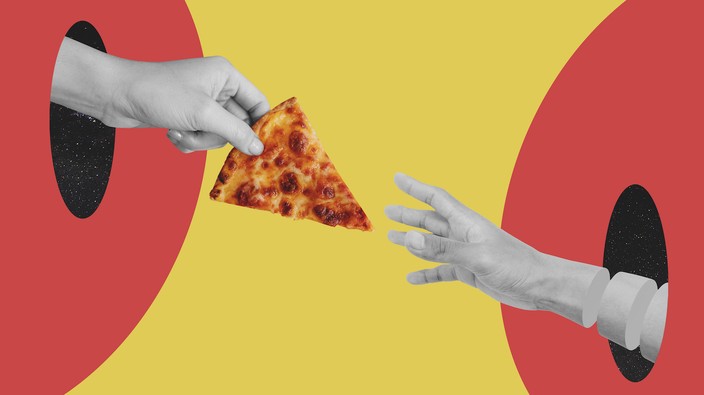upfs contain little to no whole food, but are highly palatable, affordable and aggressively marketed, so it’s no surprise they’re popular. and whether you eat them to excess or on a regular basis, they’re not good for you.
for the study, researchers turned to the nova food classification, which was recently adopted by the food and agricultural organization of the united nations. nova classifies foods and beverages into four groups: unprocessed or minimally processed foods, processed culinary components, processed foods, and ultra-processed foods based on how they are processed.
“more than 70 per cent of packaged foods in the u.s. are classified as ultra-processed food and represent about 60 per cent of all calories consumed by americans,” eric hecht, co-author of the study said in a release. “given the magnitude of exposure to, and effects of, ultra-processed food consumption, our study has significant clinical and public health implications.”
nova was developed by carlos monteiro, a professor of nutrition and public health at the university of sao paulo, brazil. when he wondered why the country’s rates of
obesity and type 2
diabetes were on the rise despite a drop in sugar purchases, monteiro found sugar and dietary fat consumption had increased because of the industrial food products on the market.
 3 minute read
3 minute read



![toronto ontario: july 20, 2022—health—toronto’s kew-balmy beach was closed to swimming due to a high e.coli count, wednesday july 20, 2022. [photo peter j. thompson/national post] [national post/tba for national post]](https://smartcdn.gprod.postmedia.digital/healthing/wp-content/uploads/2022/08/pjt-beach-e.coli-closure-8--scaled.jpg)















